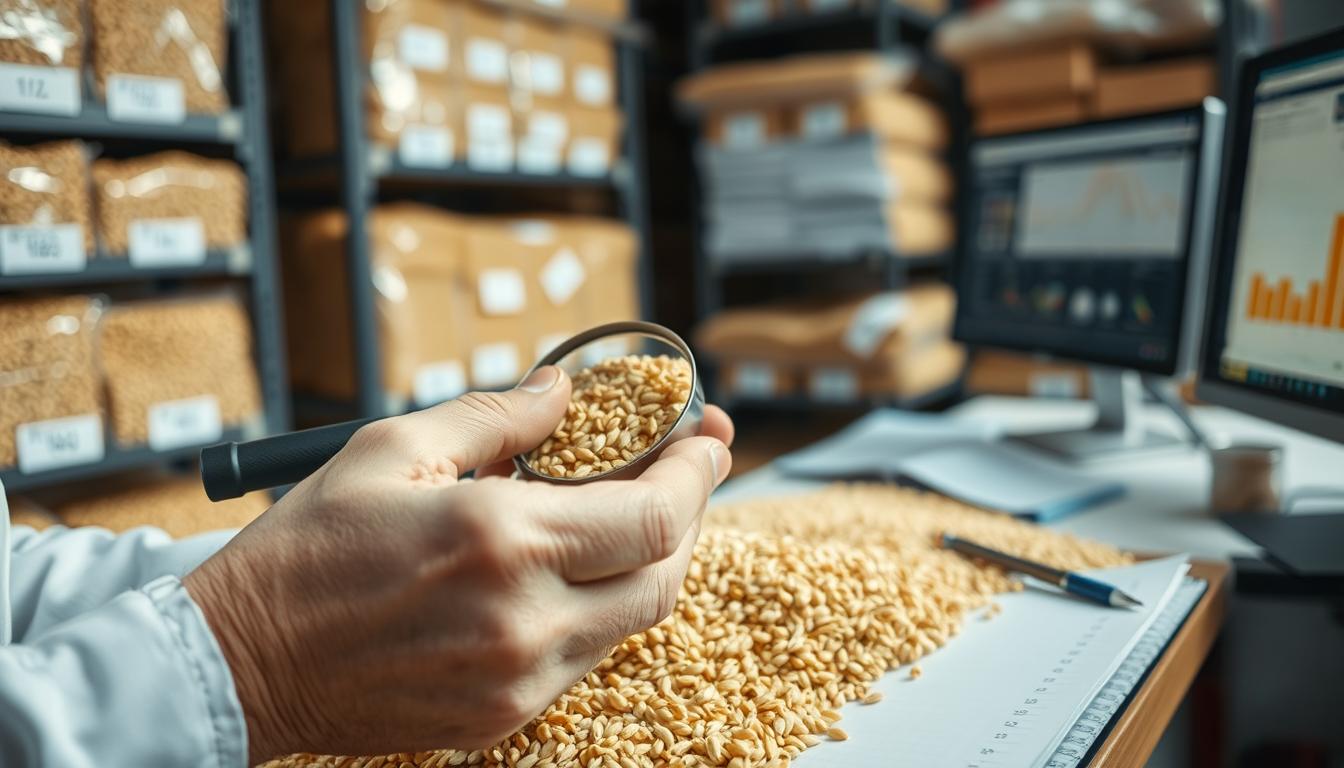Getting a good photography job means showing what you can do. Your resume needs to stand out. It’s not just about taking nice pictures. It’s also about knowing the tools, handling clients, and getting your work seen. This article talks about key photography resume skills you need to put on your resume to get noticed.
Key Takeaways
- Show you know how to use photo editing software well. Also, make sure to mention you understand camera settings and lighting.
- Talk about how you work with clients and manage projects. This tells people you are organized and good with people.
- Explain how you market your work and put together a good portfolio. This shows you know how to get jobs and present yourself.
Mastering Technical Proficiency for Your Photography Resume Skills

Okay, so you want to show off your technical skills [a97b] on your photography resume? Makes sense. It’s not just about having a good eye; you need to prove you know your way around the tech too. Think of it as showing you can actually deliver the amazing shots you envision. RoboApply can help you highlight these skills effectively.
Demonstrating Expertise in Image Editing Software
First up, image editing. You can’t just say you know Photoshop; you need to show it. List the specific software you’re good at – Photoshop, Lightroom, Capture One, whatever. But go beyond just naming them.
- Mention specific techniques you’ve mastered, like color correction, retouching, or compositing.
- Quantify your experience. How many years have you used each program? How many images have you edited?
- Include before-and-after examples in your portfolio to visually demonstrate your skills.
It’s not enough to say you’re proficient; you need to prove it with concrete examples and quantifiable results. Show, don’t just tell.
Highlighting Camera Operation and Lighting Techniques
Camera skills are a must. Knowing how to operate different cameras and lighting setups is key. Don’t just say you know how to use a camera; get specific.
- List the types of cameras you’re familiar with (DSLR, mirrorless, medium format, etc.).
- Describe your experience with different lighting techniques (natural light, studio lighting, flash photography).
- Mention any specialized equipment you’ve used (strobes, reflectors, softboxes).
Here’s a simple table you could adapt for your resume:
| Skill | Description |
|---|---|
| Camera Operation | Proficient with Canon, Nikon, and Sony systems. |
| Lighting | Experienced in studio lighting, natural light, and on-location flash setups. |
| Equipment Handling | Familiar with strobes, reflectors, softboxes, and various light modifiers. |
Remember, it’s about showing you have the technical chops to back up your artistic vision. A good resume builder for 2024 can help you structure this information clearly.
Cultivating Business Acumen in Your Photography Resume Skills

Being a photographer isn’t just about taking great pictures anymore. You’ve got to handle the business side too. It’s about showing potential clients that you’re not just creative, but also reliable and professional. Think of it as proving you can manage projects, talk to clients, and market yourself effectively. RoboApply can help you tailor your resume to highlight these skills, making sure you stand out.
Showcasing Client Communication and Project Management
Clear communication is key in photography. It’s not enough to just take pictures; you need to understand what your client wants and deliver on that vision. This means actively listening, asking the right questions, and keeping them updated throughout the project. Project management skills are also super important. Can you handle deadlines? Can you juggle multiple shoots at once? Your resume needs to show that you’re organized and can manage a project from start to finish. For example, instead of just saying you "worked with clients," try something like "Managed 5+ client photography projects simultaneously, ensuring on-time delivery and exceeding client expectations by 15% on average."
Emphasizing Marketing and Portfolio Presentation
Your portfolio is your best marketing tool, but it needs to be presented well. It should be easy to navigate, visually appealing, and showcase your best work. Think about the story you’re telling with your portfolio. Does it highlight your versatility? Does it focus on a specific niche? Your resume should also reflect your marketing skills. Have you used social media to promote your work? Have you run any ad campaigns? Even if it’s just managing your Instagram account, show that you understand how to market yourself.
Marketing yourself effectively is crucial in today’s competitive photography market. Your resume should highlight your ability to attract new clients and maintain a strong online presence.
Here’s an example of how to present your marketing skills:
- Managed social media accounts, increasing followers by 40% in six months.
- Developed and executed email marketing campaigns, resulting in a 20% increase in client inquiries.
- Created and maintained an online portfolio, showcasing diverse photography styles and client testimonials.
Want to make your photography resume stand out? Learning about business is key! It shows you’re serious and know how to make money with your camera. Head over to our website to discover simple ways to add these important skills to your resume and get noticed!
Conclusion
So, putting together a good photography resume might seem like a lot of work, but it really makes a difference. Think about it: you’re showing off what you can do, not just telling people. When you get those skills down on paper, like knowing your way around editing software or being good at talking with clients, you’re basically building a strong case for yourself. It’s about making sure your resume doesn’t just list things, but actually shows why you’re the right person for the job. Keep working on those skills, and your resume will definitely get noticed.
Frequently Asked Questions
How can I make my photography resume stand out from others?
Make sure your resume clearly shows what you can do. Use strong action words and give examples of your best work. Think about what the job needs and match your skills to that.
What if I don’t have much experience yet?
Even if you’re just starting, you can include school projects, personal photo shoots, or volunteer work. Show that you’re eager to learn and have a good eye for photos.
Should I include a link to my online portfolio on my resume?
Yes, it’s a great idea! A link to your online portfolio lets people see your actual photos. It’s much better than just talking about them.

















